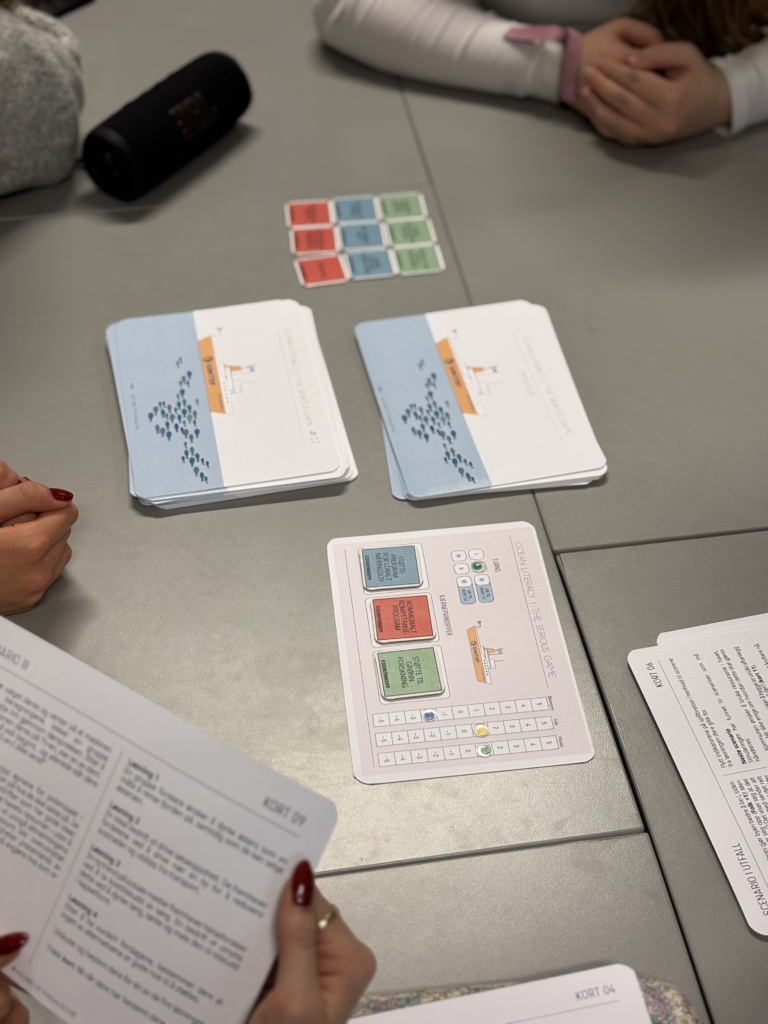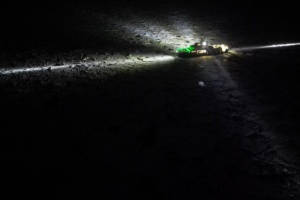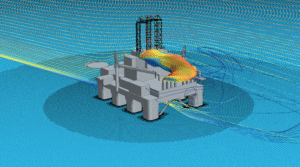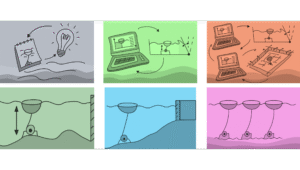In a recent Research Council of Norway funded project that aims to improve players’ “ocean literacy”, or understanding of the ocean’s impact on individual and collective wellbeing (as defined by UNESCO), House of Knowledge and SINTEF Ocean teamed up to create the serious game Oceans and Sea Creatures. Serious games are games used for a purpose beyond play alone, and the development and testing of Oceans and Sea Creatures serves as the outcome of the project.
The game aims to teach local high school students about local marine biodiversity, the complexities of balancing the priorities of different stakeholder groups, and about the importance of the ocean for human and environmental health. The game was co-developed by House of Knowledge, who developed the game elements and gameplay mechanics, and SINTEF who contributed the scientific content in the game, including information on local biodiversity and on important stakeholder groups.
The game has been developed for players 15-17 years of age living in Trøndelag, Norway with the aim of gauging familiarity with concepts such as biodiversity and engaging the students in dialogue about nuanced and complex topics related to ocean literacy.
The serious game approach was used to engage students in a more interactive way than traditional lectures, and teach through experiencing the complexities of balancing “people”, “prosperity”, and the “planet” – the three pillars of sustainable development.

Finding the balance in real-world scenarios
The game begins with setting the stage: the students are “sea rangers” tasked with working with an AI developed to help the municipality of Trondheim tackle tricky environmental, social, and economic situations. The students discuss various scenarios rooted in real events that have made the local headlines (e.g., offshore wind development, waste management leading to E. coli outbreaks, submersibles for deep sea exploration not surviving voyages to the deep sea). The students decide in groups what their actions will be, which lead to sometimes unexpected outcomes that then impact the further course of the game.
Students are also faced with random happenings that impact their scores at different points in the game such as the entrance of salmon billionaires into ocean research. The game includes key concepts from natural resource management and facts about local biodiversity (such as information on cold water reefs) baked into scenarios. Players work together to keep scores for “people”, “prosperity”, and “planet” balances – which becomes more complex as they face more and more scenarios. The group with the most balanced scores “wins” the game, adding a competitive element to the gameplay.
Positive feedback from user testing
The game has been tested with a group of board game enthusiasts and researchers from ocean science. Then, following updates, the game was played in two local schools to test whether the gameplay is both fun and educational for the target audience. In a feedback Mentimeter poll, students reported high engagement in the game and positive learning outcomes. Students particularly enjoyed that the game was discussion-based, allowing them to share their experiences and opinions with each other. Most importantly, students reported having fun while learning about ocean science!








Comments
No comments yet. Be the first to comment!